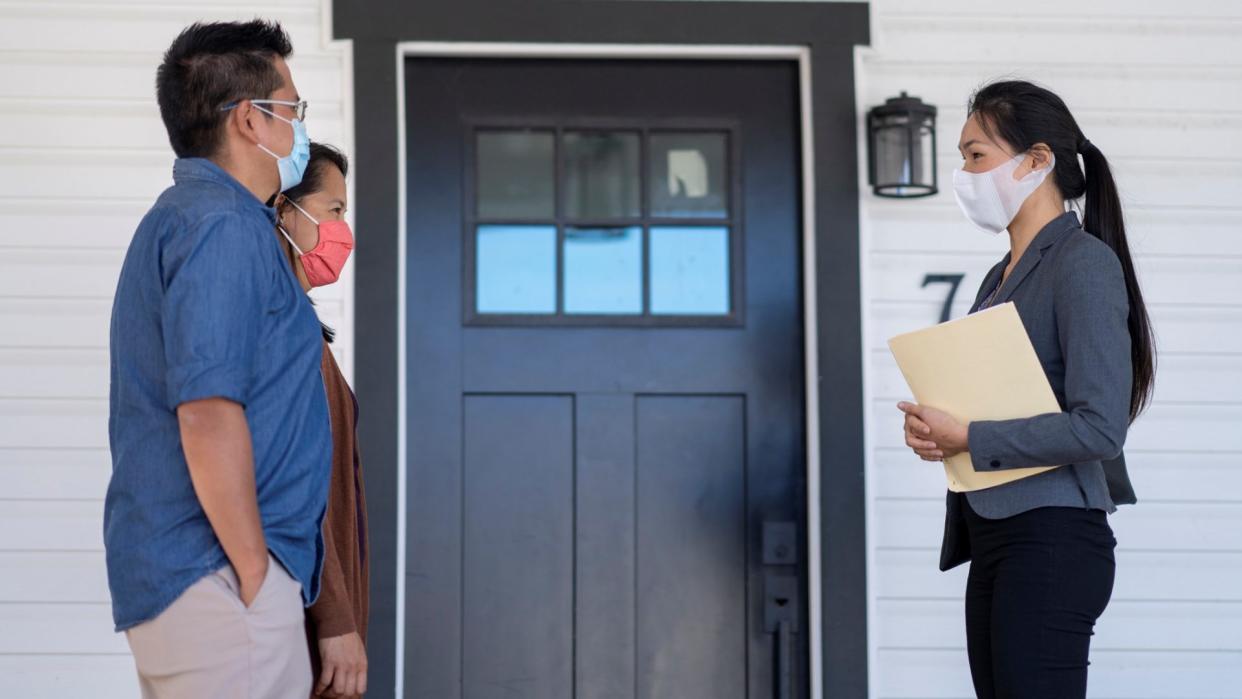What Is a Homestead Exemption on Your Taxes?

A homestead exemption is a legal mandate. It helps protect a home from seizure by creditors following a declaration of bankruptcy or the death of a spouse with ownership interest. In many states, the law also protects homeowners from higher property taxes. The amount of the homestead exemption, however, can vary significantly by state. Understanding how it works can keep you safe from financial disasters and put extra money in your pocket.
What Is the Homestead Tax Exemption?
A “homestead” is the primary residence of a homeowner. This type of tax exemption shields homeowners from excessive amounts of property tax. This is accomplished via a reduction in the assessed value of a home for property tax purposes.
Beyond the property tax exemption, many states implement a homestead exemption as a form of creditor protection. The homestead exemption makes a primary home a shielded asset so that if homeowners fall on hard times, they don’t have to worry about having a place to live.
Related: New Homeowners: Here’s What You Need To Know for Your Taxes
Who Qualifies For the Homestead Exemption?
Homestead exemption laws are state-enacted laws, so the specific requirements can vary. However, most states approve these exemptions only for the property owners’ primary residence. Exemptions usually extend to the spouse or surviving heirs of the property owner as well.
For example, any property owner in California can apply for a homestead exemption on their dwelling, which can include condos and mobile homes in addition to houses. Florida law requires that anyone applying for the exemption be a U.S. citizen or permanent resident and cannot have a concurrent homestead exemption in another state. Illinois allows homeowners to apply for a homestead exemption as long as someone with a legal interest in the property lives there full time. Some states, like Illinois and Florida, have additional homestead exemptions for widows, veterans and individuals with disabilities.
A Guide: What Can I Write Off on My Taxes?
How Does Homestead Exemption Work?
In some states, like Florida, homestead exemption lowers property taxes for homeowners. Research your state’s homestead exemption to find out how much you could save on taxes. Other states, like Massachusetts, have homestead exemption laws to protect homeowners facing bankruptcy and other types of liens so that they don’t lose their homes. Each state imposes its own limits and restrictions for the amount of the homestead.
In addition to the variance in state homestead exemption amounts, even the meaning of “home” can vary by state. For example, in California, structures such as mobile homes, boats and condominiums can be considered primary residences. In other states, only a free-standing home is covered by the homestead exemption.
In most cases, you have to apply for a homestead exemption. If you’re not sure where to apply, contact your local property appraiser or tax collector. They can direct you to the proper authorities if the law in your state or municipality specifies a different process.
More for Homeowners: What Does Homeowners Insurance Cover?
How Does Bankruptcy Impact the Homestead Exemption?
If you need to file bankruptcy, your state’s homestead exemption might save your home from liquidation. State and federal bankruptcy laws allow creditors to reclaim some of the money they’re owed without leaving the debtor completely destitute.
For example, if you live in Massachusetts, the homestead declaration allows you to keep a larger percentage of the proceeds if you have to sell your house as part of a bankruptcy judgment. In some cases, however, you may not have to sell your home. This can happen if the amount of the exemption is greater than the amount of equity you have in your home.
Depending on where you live, you may be able to choose whether you want to use a federal or state homestead exemption when you file for bankruptcy. Some states allow homeowners to choose either the federal or state exemption amount, but others do not. To learn more about which option is available to you, consult a bankruptcy attorney in your state.
More From GOBankingRates
This article has been updated with additional reporting since its original publication.
This article originally appeared on GOBankingRates.com: What Is a Homestead Exemption on Your Taxes?
